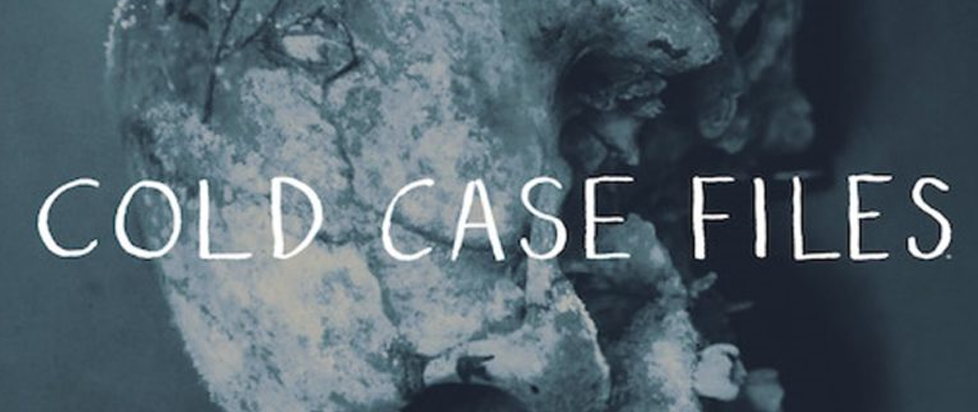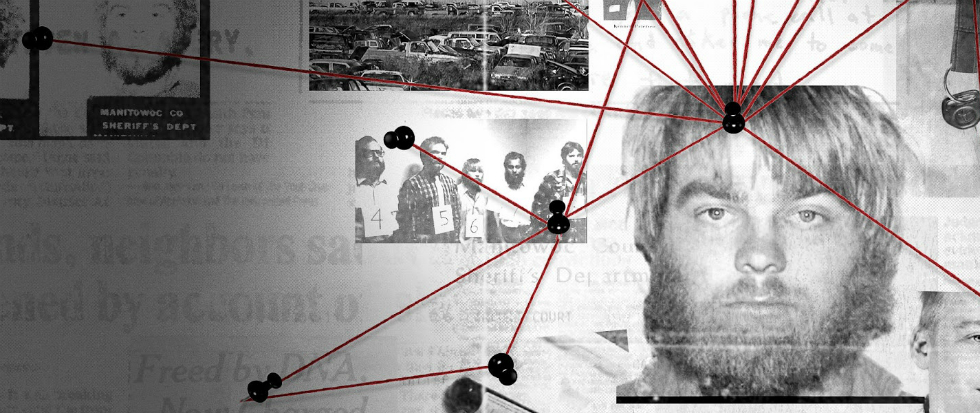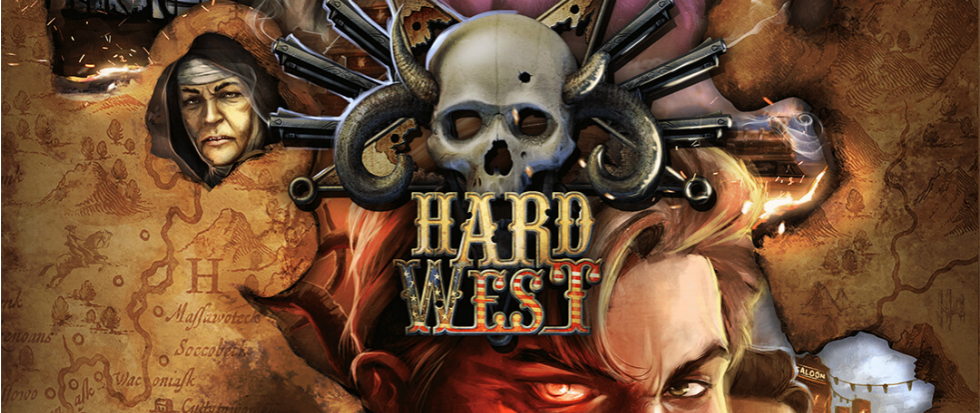
True Crime for Beginners
Recently in a conversation with a friend, he told me “whether it’s a person or a media platform, you can tell me how it died.”
I have an unfortunate reputation.
I’m a long car trip kind of companion, the one who in hour four will tell you about the final words of the famous female serial killer Aileen Wuornos (she continually references the film Independence Day). I blame a lifetime of true crime.
At this point, I’m almost a connoisseur of the medium, which frequently gets a bad rap. Maybe you sat down to try out a podcast and instead endured the laughing commentary of Last Podcast on the Left or found My Favorite Murder to be so dishy as to feel distasteful. Maybe Making a Murderer or Serial whetted your appetite, or you saw The Jinx and thought, erroneously like the folks who saw Children of Men and felt that they had discovered science fiction, that this was the only good one.
C’mon. The Jinx isn’t even that good.
I’ve got a reputation. Let me put it to work for you. There’s a lot to true crime, and if you’re truly interested there’s some good stuff out there. ACAB, let’s watch some true crime!
Podcast
Technically an offshoot of Dateline, “The Thing About Pam” is a 6 episode dissection into one specific case. Two murders, seemingly unrelated except for the connection of one figure: Pam. Dateline does podcast episodes of most of its cases, but they’re basically audio captures of their normal television broadcast. “The Thing About Pam” is its own thing, a complete story with additional details, greater nuance and an interesting villain. It’s a nicely wrapped true-crime package, and at only 6 episodes a far easier thing to dive into than Up and Vanished (related, don’t listen to Up and Vanished).
In the Dark is a podcast about police departments and failures. Season 1 is about the abduction of Jacob Wetterling in rural Minnesota, a 27 year case that is about so much more than the whodunit. The podcast series opens with that information. Instead, this podcast is mostly about how systematic failures in policing and in investigating led to many more assaults against young men throughout the region, and to a family going nearly a lifetime without knowing the answer. While it definitely needs a content warning — it goes into sexual assault towards children in one episode — it’s easily one of the best podcasts being made in the field. Season 2 touches on the wrongful conviction of Curtis Flowers, a man who has been tried for the same crime six times. It’s heavy stuff, but the team behind In the Dark approach the conversation with such a serious and journalistic bent that you can’t help but be engaged every step of the way.
An anthology series, Crimetown follows a different cities criminal history over the course of its two seasons. Season 1 follows Providence, Rhode Island, Season 2 is on Detroit, Michigan. Season 1 is a touch stronger than its follow up, if just because of the tightness of the delivery of the story — the mob connection runs strong throughout the season and it seems to have its hooks in every element of life in Rhode Island, private and public. Season 2 has its share of interesting characters (Kwame Kilpatrick) but it’s less focused than Season 1. Crimetown is a great introduction to true crime because it creates an interesting, humanizing story and relates it all down into bite sized chunks.
While not technically true crime, You’re Wrong About frequently delves into the same territory as other shows. The set up is simple: every episode journalists Michael Hobbes & Sarah Marshall trade off duties explaining a recent historical or news story to each other and explaining where the known story deviates from the facts. These aren’t necessarily crime stories; recent episodes have touched on the Anna Nicole Smith story or Yoko One breaking up the Beatles, but a lot of the episodes touch on famous criminal cases from around the world including the story of the OJ Simpson trial or Tonya Harding. Some of the hardest podcasts to get through involving true crime are the ones that feel a bit too dishy, but You’re Wrong About circumvents that with a great deal of humanity and respect for the subject matter.
Standout episodes: “The Victims Rights Movement,” and “The American Taliban”
Television

American Greed
American Greed is a good primer for folks who are interested in the technicalities of crime but get really uncomfortable at the sight of blood. Almost all of the crimes in American Greed are bloodless — they’re white collar. Stolen paintings, pyramid schemes, and fraud. It is overall reminiscent of the standard fare you may remember from late night hotel room visits and channel flipping but there’s no blood, and the crimes are usually interesting puzzles.
Standout Episode: Season 3, Episode 24: “The Body Snatcher.”
Exhibit A
You can’t watch a large quantity of true crime and step away thinking that the police are doing their jobs. Exhibit A, on Netflix, is a prime example of this. Every episode is about the failings of the criminal justice system in one specific way: an over reliance on junk science. Every episode breaks down another element of junk science currently being used to ruin peoples lives in the name of solving a murder or brutal crime — from so-called “touch DNA” to cadaver sniffing dogs. It’s a riveting look at both our own misconceptions about the inherent value of something being declared science, as well as an indictment of the entire system.
Standout Episode: there are only 4, but if you have to just watch one Episode 1: Video Evidence.
Cold Case Files
Cold Case Files is the granddaddy of modern crime television. Running from 1999-2007, Cold Case Files brought the stern voiced Bill Kurtis into our lives and broke down the interesting puzzles of criminal investigations. All the cases discussed were cold cases – old cases that were being reinvestigated using newer technologies. They’re interesting puzzles, usually solving crimes that are decades old. While I do love old-school Cold Case Files (and the very similar Forensic Files — especially Season 10, episode 9), for newcomers to the genre, the 2017 Blumhouse soft reboot of Cold Case Files is a must-watch. With flashier production values, the show is exceptionally well made and easily accessible on Netflix.
Standout Episode: “A Family Secret.”
The Devil You Know
There are few stories as odd as the one featuring Pazuzu Algarad, a self-named “Satanist” who for years terrorized Clemmons, NC and was involved with the deaths of 3 men before he was ultimately caught. The series is short — only a few episodes on VICE — and has an interesting collection of talking heads, from the man who turned Pazuzu into an alternative news reporter in Clemmons who has been tracking the story since the beginning.
Movies

Into the Abyss (2011)
There is a trend in true crime film towards the inhumanity of the death penalty in the US, and without question Werner Herzog’s Into the Abyss is the greatest of these. There isn’t a better example of a humane film than Herzog’s, as he interviews everyone from the murderers to the surviving family of the victims, and just casual observers towards the violence that took place. Throughout, Herzog’s level, heavily accented voice asks as a ballast. It’s one of the best documentaries of all time and it happens to be based on a horrific triple homicide, and Herzog is a calm and sure interviewer. There is perhaps no greater indication of a humane society than how we treat the people accused of the worst crimes — and from the moment Herzog introduces himself to one of the murderers on Death Row (“When I talk to you, it does not necessarily mean I have to like you. But I respect you, and you’re a human being, and I do not think human beings should be executed.”) to his quiet and polite interest in a mans movement towards his own literacy, you see Herzog’s humanity.
The Thin Blue Line (1988)
This is almost always on my suggested films list, but a lot of people bounce off of it because of the name. There is a reason that this documentary still tops crime documentary lists almost 30 years after its release. The Thin Blue Line is that best kind of quietly damning. Forget the halfbaked courtroom strategems of Making a Murderer, this documentary actually features an innocent man so clearly a victim of a miscarriage of justice that you’re left as stunned as he that he has somehow been in prison for 10+ years.






